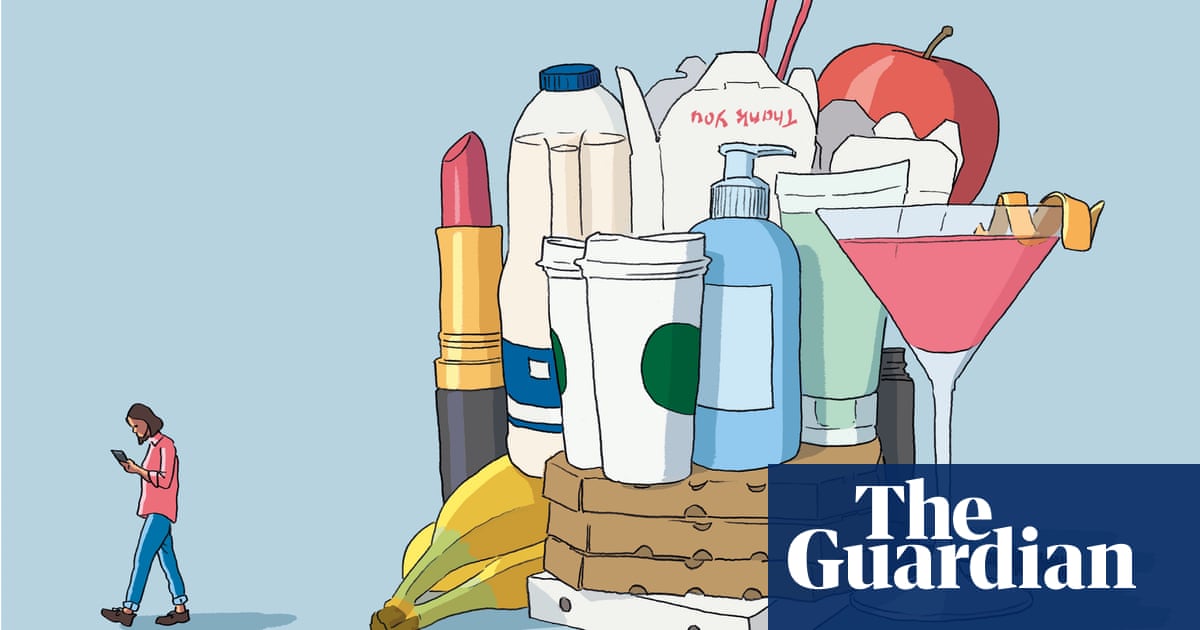
When Luu Thi Hieu, who has cerebal palsy, drives her wheelchair along a main road in Hanoi, having been unable to access the pavement, it is not unusual for a passing motorcyclist to shout something along the lines of, ‘‘If you need a wheelchair, you should stay home.”
For Hieu, 32, it’s more grist to her growing social-media mill: she has amassed millions of views on TikTok for her activism.
For most newcomers, traffic in the Vietnamese capital is a maelstrom of risk, while the pavements are a near impenetrable combination of parked motorbikes, cracked paving, vast vats of broiling phở and the occasional meandering chicken.
Such impassable walkways are the focus of Hieu’s cheerful videos, which she posts under the handle @crazy_freewheeler. One, which has garnered more than 4m views, simply shows bus staff helping her on to a bus using a ramp to a jaunty sound track. The VinBus company is one of just two in the city which offers any kind of access to people with disabilities. In other clips, she reveals how people in wheelchairs are ignored, rates the possibility and accessibility of travelling internationally from Hanoi, and compares the experience of crossing the road in Japan and Vietnam.
Another, showing her riding along the margins of a bustling road as a throng of motorbikes, SUVs and buses rushes past mere inches away, exposes the fraught vulnerability of traversing the city in a wheelchair.
“I cannot access the pavement”, she says, “so I have to go by the motorbikes. I get yelled at a lot, especially during traffic jams. People ask: ‘Why do you go out at this time of the day?’ In rush hour, some buses refuse to bring me on to the bus. They say ‘It is a traffic jam now; we don’t have time to help you on to the bus.’”
Hieu’s videos – mainly set in Vietnam but also in Japan, where she spent more than a year testing the country’s disability access with the Duskin programme – show how difficult it is for people with disabilities to use banks, cinemas, trains or ATMs, with the latter two almost entirely inaccessible in Vietnam.
It was when she returned from Japan that Hieu realised how little information there was in her own country.
“When I called the bus company to ask if they have accessible buses, they don’t even know what accessible means,” she says. “When I mentioned the ramp, they don’t know what a ramp is, so I had to describe it. They cannot even imagine what it is.”
As her videos went viral, VinBus responded by putting more information on their website, including photos of wheelchair users on buses, and has promised to include people with disabilities in their marketing videos.
According to a report published by Unicef in 2019, there are 6.2 million people with disabilities in Vietnam, more than 7% of the population. Yet when Hieu visited a government office to get a disability card – which provides discounts on services and a monthly stipend of about 600,ooo Vietnamese dong (about £20) – she found that government offices are also inaccessible, and officials would not speak to her.
“They say people with disabilities are not able to communicate or make decisions themselves,” she says. “They didn’t want to talk directly to users, only communicate with family.”
The Vietnamese government enacted a disability law in 2010, which technically guarantees rights to participate in society, but it is rarely enforced. The law also does not recognise the failure to provide disability access as discrimination.
After seeing many of her friends struggling to earn an income during the pandemic, in 2021 Hieu co-founded a social enterprise, Maru Amigurumi. It employs five people – two with cerebral palsy, one who is the mother of a child with cerebral palsy, and two survivors of domestic violence. They make Japanese-style crocheted animals to fund a weekly support group in Hanoi for 50 people with cerebral palsy. Hieu’s group encourages people to get out more, sharing information on accessibility, and offering legal support.
“At least I can show people that wheelchair users can go out,” she says. “Because so many wheelchair users don’t dare to go out. They feel the street is too dangerous, their parents don’t dare to let them go out, or they just don’t have enough information to do so.”
Dinh Quoc Tuan, who has cerebral palsy and attends Hieu’s support group, requires a specialised van to travel any distance, yet there is only one such vehicle, funded by the Nippon Foundation, in the entire country. He gets monthly financial support from the government, the equivalent of £36, but says it is not enough. “Support for people with disabilities in Vietnam needs to be improved,” Tuan says.
For Hieu, it is crucial that her efforts focus on empowerment. When she started using a wheelchair after her cerebral palsy symptoms worsened in 2019, she admits that even some of her friends made fun of her, saying it would be impossible to use one in Hanoi.
“I started using it more just to prove a point,” she says, “Anything is possible – even in Hanoi, you know?”












